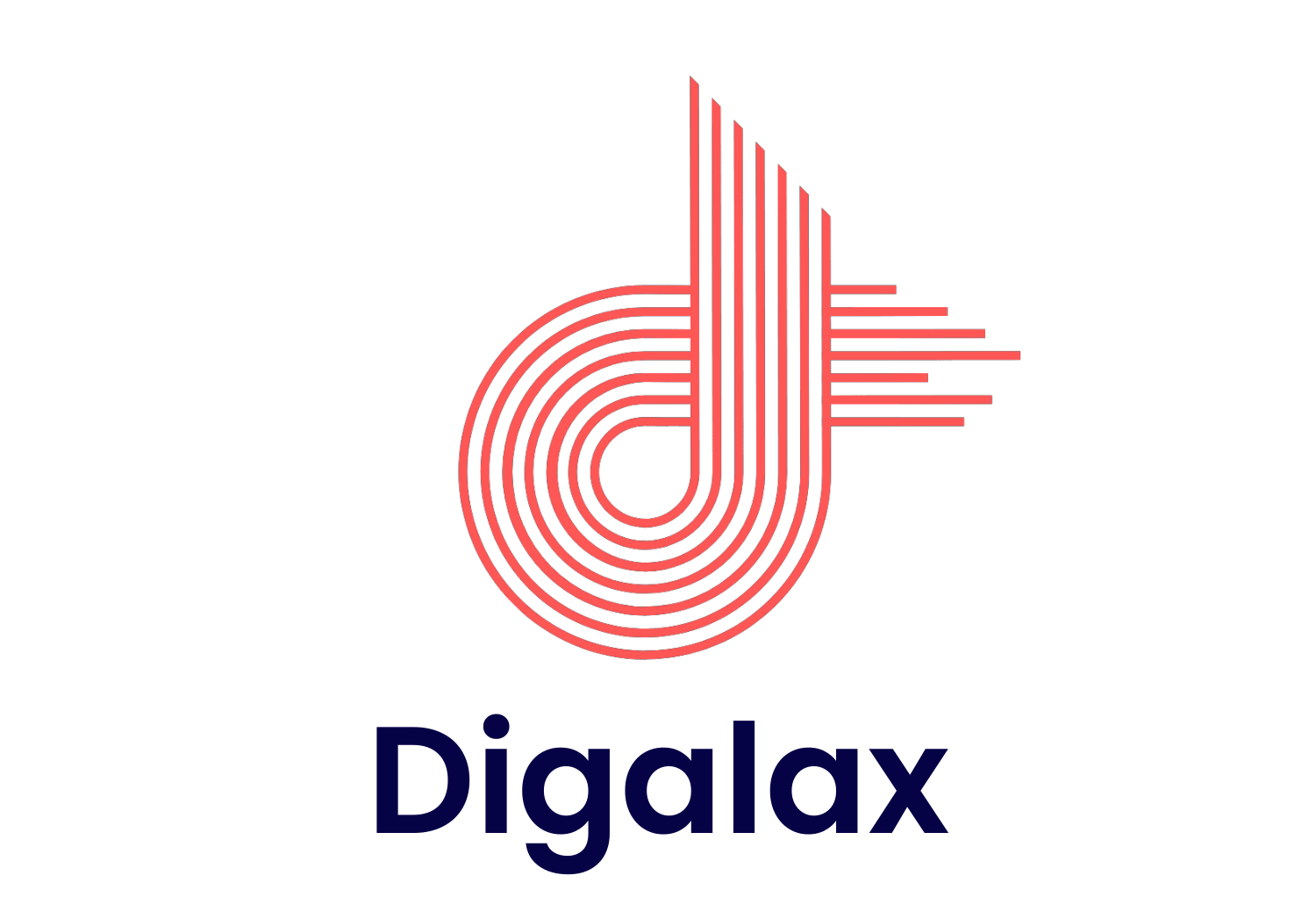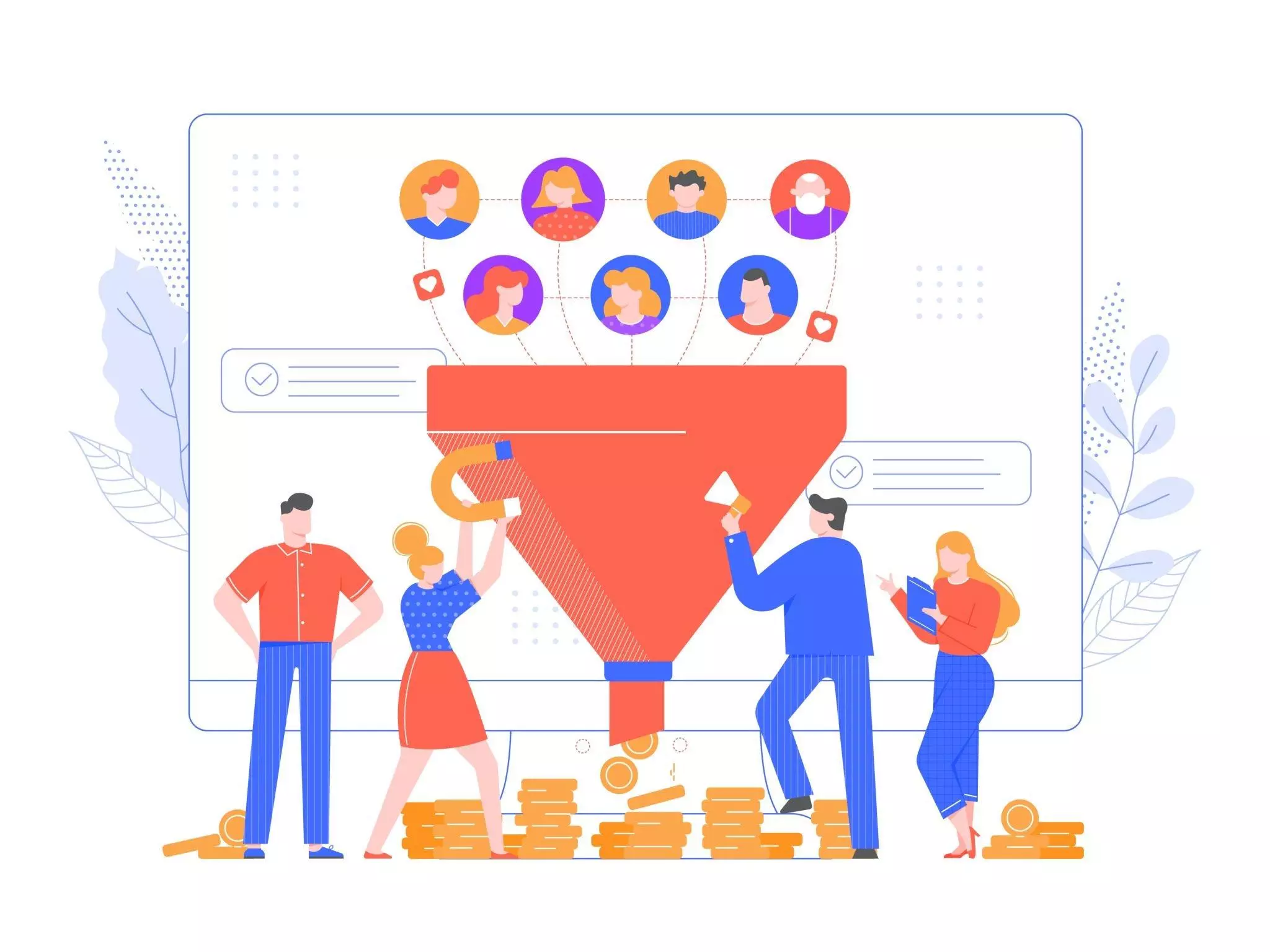How Funnels Can Help You Maximize Your Marketing Efforts
Are you struggling to get the results you want from your marketing campaigns? You’re not alone. With so many channels and strategies to choose from, it can be overwhelming to determine which approach is best for your business goals. That’s where marketing funnels come in. By understanding the basics of marketing funnels and how to create an effective and optimized strategy, you can maximize your marketing efforts and see the results you’ve been hoping for.
Understanding the Basics of Marketing Funnels
What is a Marketing Funnel?
A marketing funnel is a visual representation of the various stages a consumer goes through before they make a purchasing decision. These stages typically include awareness, interest, consideration, and action. The purpose of a marketing funnel is to guide consumers through each stage, leading them towards the final goal of making a purchase or conversion.
The Stages of a Marketing Funnel
In more detail, the stages of a marketing funnel are:
- Awareness: The consumer becomes aware of your brand or product through various marketing channels such as social media, search engines, or advertising campaigns.
- Interest: The consumer becomes interested in your product or service and wants to learn more. They may visit your website or social media pages, sign up for email newsletters, or engage with your brand in other ways.
- Consideration: The consumer is considering making a purchase and may be comparing your product to competitors or doing research on your company. This is a crucial stage in the funnel, as it’s where you can provide educational content and value propositions to persuade the consumer to choose your product.
- Action: The final stage of the funnel, where the consumer takes action and makes a purchase or conversion.
However, it’s important to note that the marketing funnel is not always linear. Consumers may enter the funnel at different stages, or they may move back and forth between stages before making a final decision. It’s important to be flexible and adaptable in your marketing strategy to account for these variations.
Why Marketing Funnels are Important
Without a marketing funnel, your marketing strategy may lack direction and fail to convert leads into customers. A marketing funnel helps you understand your audience and their decision-making process, allowing you to create targeted and effective campaigns that speak to their needs and desires.
Additionally, a marketing funnel can help you identify areas where your strategy may be falling short. For example, if you notice that you have a high number of visitors to your website but a low conversion rate, you may need to focus on improving your value proposition or providing more educational content to move consumers from the consideration stage to the action stage.
Ultimately, a marketing funnel is a valuable tool for any business looking to improve their marketing strategy and drive conversions. By understanding the stages of the funnel and creating targeted campaigns for each stage, you can guide consumers towards making a purchase and ultimately grow your business.
Types of Marketing Funnels
Marketing funnels are an essential part of any successful marketing campaign. They are designed to guide potential customers through a series of steps that ultimately lead to a conversion. There are several different types of marketing funnels, each with its own unique purpose and design. In this article, we will explore four common types of marketing funnels.
Lead Generation Funnels
A lead generation funnel is the first step in the customer journey. Its primary goal is to capture the contact information of potential customers. This is achieved through various means, such as opt-in forms, landing pages, and valuable content offers such as e-books or webinars. Once a lead is captured, the next step is to nurture them through the funnel and eventually convert them into a paying customer.
Lead generation funnels are often used by businesses that offer high-ticket products or services, such as consulting or coaching. By capturing leads, businesses can build a relationship with potential customers and establish trust, which is essential for making a sale.
Sales Funnels
A sales funnel is focused on guiding a potential customer towards making a purchase. These funnels often include product pages, checkout pages, and post-sale offers such as upsells or cross-sells. The goal is to make the buying process as seamless and straightforward as possible, while also providing value to the customer.
Sales funnels are commonly used by e-commerce businesses, but they can be used by any business that sells products or services online. By guiding potential customers through the buying process, businesses can increase their conversion rates and generate more revenue.
Webinar Funnels
A webinar funnel is a type of lead generation funnel that focuses on promoting a live or recorded webinar. The goal is to capture contact information and offer value through educational content, with the intent of converting viewers into customers. Webinar funnels often include landing pages, email sequences, and follow-up offers.
Webinar funnels are an effective way to build authority and establish expertise in a particular area. By providing valuable information to potential customers, businesses can build trust and increase the likelihood of a sale.
Membership Funnels
A membership funnel is designed to attract potential customers to sign up for a subscription-based service or product. These funnels typically include landing pages and offers that highlight the benefits and features of the subscription. Once a customer signs up, the goal is to keep them engaged and subscribed for as long as possible.
Membership funnels are commonly used by businesses that offer online courses, software-as-a-service products, or subscription boxes. By providing ongoing value to customers, businesses can generate recurring revenue and build a loyal customer base.
In conclusion, marketing funnels are an essential part of any successful marketing campaign. By understanding the different types of marketing funnels and how they work, businesses can create effective marketing strategies that generate leads, increase conversions, and drive revenue.
How to Create an Effective Marketing Funnel
Marketing funnels are a crucial component of any successful marketing strategy. They help businesses to guide potential customers through the buying process, from initial awareness to conversion. In this article, we will discuss the key steps to creating an effective marketing funnel that will help you to convert more leads into customers.
Identifying Your Target Audience
The first step in creating an effective marketing funnel is understanding your target audience. This includes demographics, pain points, goals, and purchasing behavior. By understanding your audience, you can create targeted messaging and offers that speak to their unique needs and desires.
For example, if your target audience is millennials, you may want to focus on social media platforms like Instagram and Snapchat. If your target audience is professionals, you may want to focus on LinkedIn and email marketing.
Mapping Out Your Customer Journey
The next step is mapping out the customer journey, from initial awareness to conversion. This includes defining each stage of the funnel, touchpoints with your audience, and key actions that lead to conversions. By mapping out the customer journey, you can identify areas for improvement and create a strategic plan for guiding customers through each stage.
For example, the first stage of the funnel may be awareness, where potential customers become aware of your brand through social media or search engines. The second stage may be consideration, where potential customers visit your website and learn more about your products or services. The third stage may be conversion, where potential customers make a purchase or sign up for a service.
Choosing the Right Marketing Channels
The marketing channels you choose will depend on your target audience and how they prefer to consume information. This can include social media platforms, email marketing, search engines, or advertising campaigns. By choosing the right marketing channels, you can reach your audience where they are and increase the chances of converting leads into customers.
It’s important to remember that not all marketing channels will be effective for every business. For example, if your target audience is retirees, they may not be active on social media platforms, so you may need to focus on other channels like direct mail or print advertising.
Creating Compelling Content and Offers
The content and offers you create for each stage of the funnel are crucial in converting leads into customers. This includes creating educational content, free resources, and value propositions that persuade customers to choose your product or service. By focusing on creating compelling content and offers, you can build trust and establish your brand as an authority in your industry.
For example, you may want to create a free e-book or whitepaper that provides valuable information to potential customers. This can help to establish your brand as an authority in your industry and build trust with potential customers.
In conclusion, creating an effective marketing funnel requires a deep understanding of your target audience, mapping out the customer journey, choosing the right marketing channels, and creating compelling content and offers. By following these steps, you can increase your chances of converting leads into customers and growing your business.
Optimizing Your Marketing Funnel for Maximum Results
Tracking and Analyzing Key Metrics
Tracking and analyzing key metrics are necessary for optimizing your marketing funnel for maximum results. This includes measuring conversion rates, click-through rates, and other key performance indicators (KPIs) to determine what’s working and what’s not. By regularly analyzing these metrics, you can make data-driven decisions that improve your marketing strategy.
A/B Testing and Continuous Improvement
A/B testing involves testing one variable at a time in your marketing funnel to determine which version performs better. This can include testing different headlines, offers, or layouts. By continuously improving and testing your marketing funnel, you can optimize for maximum conversions and long-term success.
Leveraging Automation and Personalization
Automation and personalization are powerful tools for creating a seamless and personalized customer experience. By leveraging automation, you can streamline the customer journey and provide relevant content and offers at the right time. Personalization involves tailoring messaging and offers to individuals based on their behaviors and preferences. By using these tactics in your marketing funnel, you can improve customer satisfaction and increase long-term loyalty.
Final Thoughts
In conclusion, marketing funnels are an essential part of any successful marketing strategy. By understanding the basics, choosing the right type for your business, and optimizing for maximum results, you can guide potential customers through the decision-making process and see the conversions you’ve been hoping for.
How Digalax Can Help You Make Effective Lead Nurturing Marketing Funnels
Marketing funnels are an essential part of any business looking to drive sales and increase revenue. However, creating and optimizing them can be a daunting task, especially for those new to the marketing world. That’s where funnel marketing services come in. At Funneler, we specialize in helping businesses create and optimize marketing funnels that are tailored to their unique needs. Our experienced team understands the latest trends and methods to drive traffic, generate leads, and convert them into paying customers.
Our comprehensive approach to marketing funnel services includes everything from creating a customer avatar to building landing pages, setting up email marketing campaigns, and tracking and analyzing data to optimize the funnel’s performance continuously. We also stay up to date with the latest industry advancements, such as chatbots and AI, to ensure our clients stay ahead of the curve. Contact us today to learn how we can help your business grow with our marketing funnel services.

